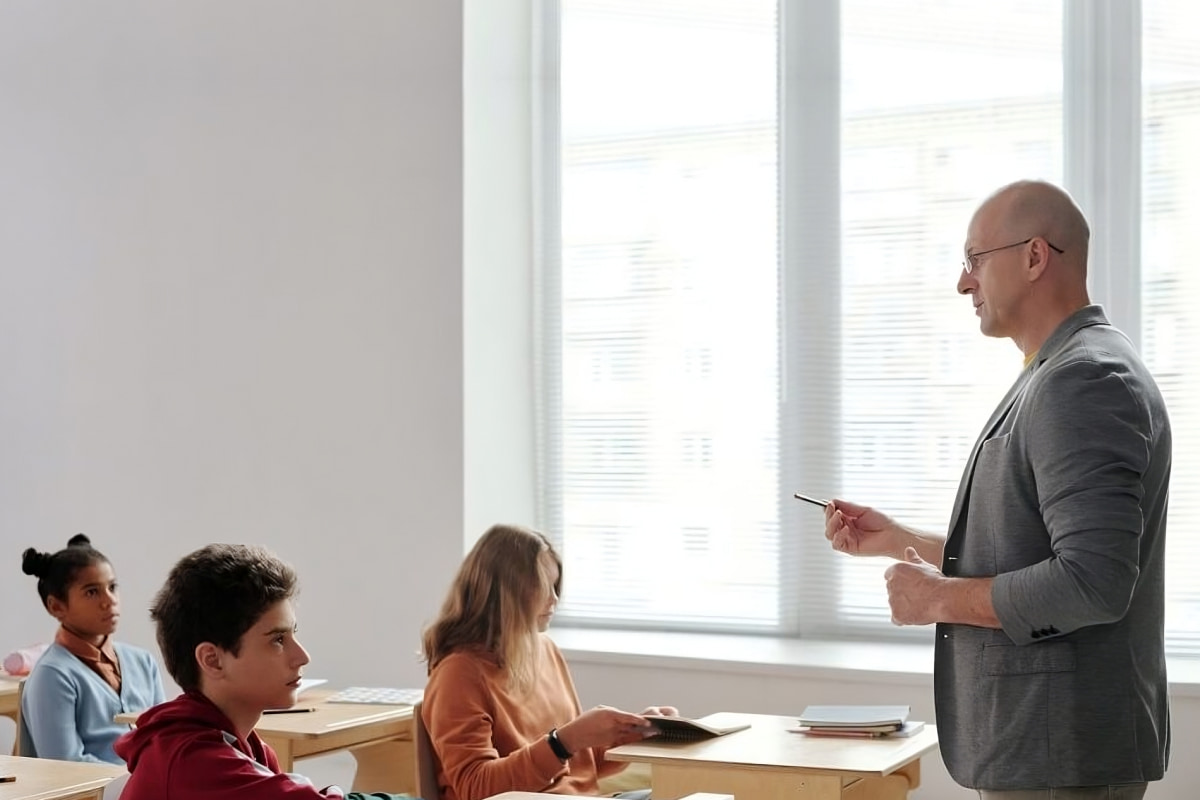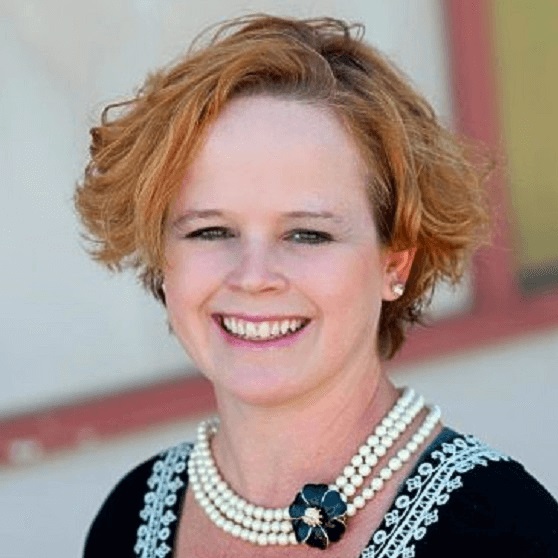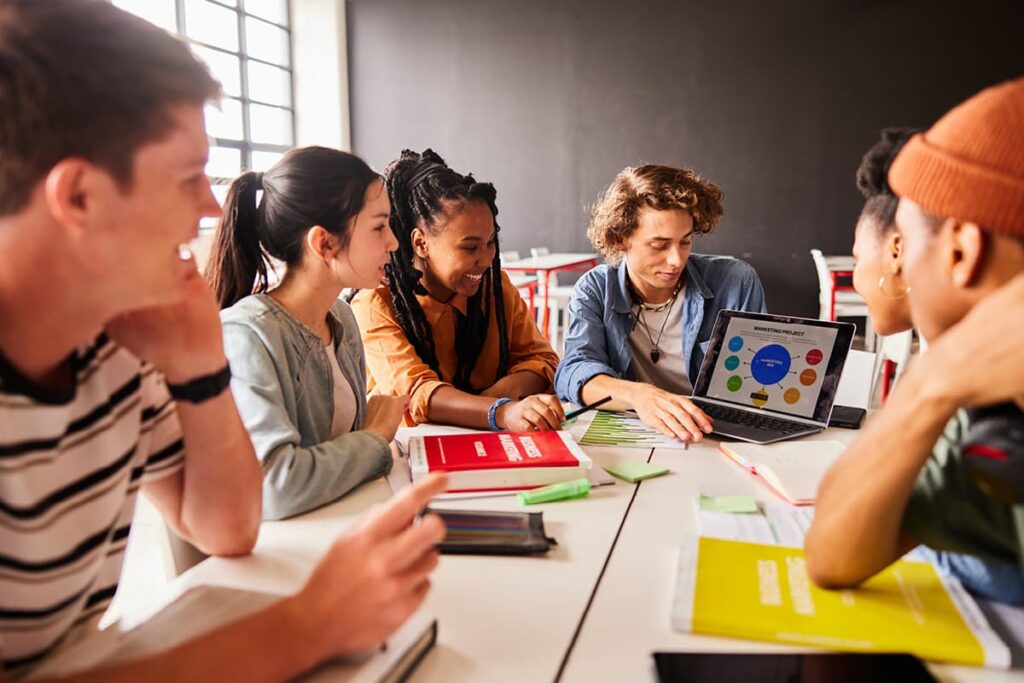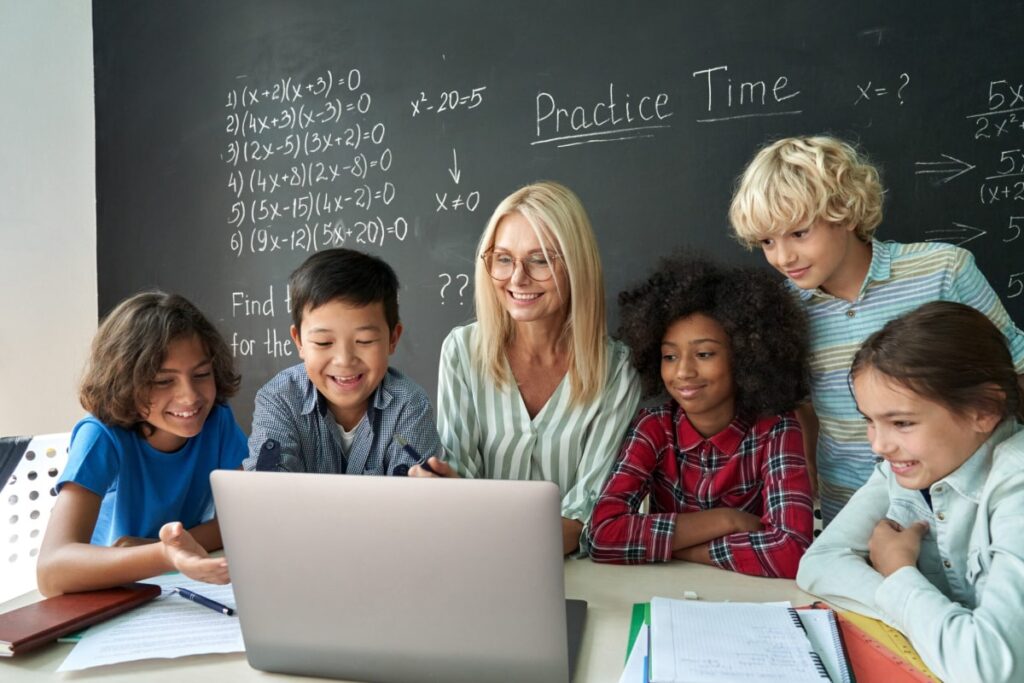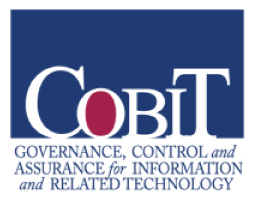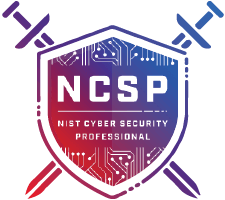The pandemic, terrorist attacks, social injustice, and war can evoke complicated emotions, particularly for children and teens. The Ukraine and Russia conflict has caused a lot of uncertainty and fear, and students are likely hearing a lot of information, some of which may be misleading or false, through the internet and social media.
Rather than ignore what is happening in the world, or expect students to learn about it at home, teachers can use Social Emotional Learning (SEL) to create a safe and productive space to talk about it. Creating meaningful dialogue around these topics allows students to have a voice in the larger conversation while also staying informed. Chelsea Montgomery, the Executive Director for the Office of Students Supports for Fulton County Schools concurs and states that “having that time, having that community in the classroom, will give them space to talk about things that they maybe wouldn’t have talked about before, or would have talked about it at the lunch table without an adult, or would have done way too much social media digging and potentially could be misinformed. So I think just having the safe space, and the sense of community is really helpful.”
Which SEL Topics Can Support My Students With Addressing Challenging Conversations About the Conflict?
Emotions are okay!
One of the most important steps in opening up a difficult dialogue, such as the war in Ukraine, is to allow students to express their emotions and to let them know that their feelings are okay. Feeling worried or scared is acceptable and actually means that the child or teen is feeling empathy toward those that are going through a difficult time. The Emotion lessons in the RethinkEd SEL curriculum are a great place to start to help students at different grade levels to acknowledge and embrace their feelings about the war.
For instance, the 3rd grade lesson provides visuals for students to identify how they feel and teaches them that no matter how they feel, it is okay. In Grade 9, students can track their feelings throughout the day and reflect on how feelings come in waves and are likely to change often.
Build cultural competence
Asking students to explain what they know about the war in Ukraine and Russia is also helpful in starting a dialogue. It can be useful to educate students about the culture, history, and events from the past and now. The RethinkEd SEL lessons on Cultural Competence can guide these kinds of conversations.
For example, in kindergarten, students can use the graphic organizer to identify differences between themselves and children in Ukraine. Teachers can provide information about a typical child there and how their lives are different from the children in the U.S.
Older students can do research to learn more about Ukraine. In the 10th grade Cultural Competence lesson, students can use the guide provided to learn more about the people, where they live, their history, their foods and language and clothing, their holidays and celebrations, and their beliefs and traditions. Building cultural competence helps students better understand others and develop a keener sense of acceptance and diversity.
Develop empathy
Another essential component to having important conversations, such as the war in Ukraine, is students must build empathy. Empathy is the ability to understand and share the feelings of another person and is the core component of social awareness, understanding the world and the range of human experiences. Being empathetic promotes trust and that can lead to open and honest communication with your students in the classroom. In the RethinkEd SEL curriculum, the 4th grade lesson helps students learn strategies for showing empathy to another person.
The practice activities give students an opportunity to practice showing empathy. In 12th grade, students can work together to brainstorm ideas for social change as it relates to the war. This kind of active engagement helps students with leadership skills and even gives them an opportunity to practice writing and giving a speech.
Focus on problem solving
Monitoring media exposure and helping students learn how to decipher the waves of information thrown at them on a daily basis is also an essential strategy. The RethinkEd Problem Solving lessons can be applied to help teachers navigate conversations about the news. From basics such as identifying a problem in younger grades, brainstorming solutions in middle grades, busting myths and fact-finding, and learning to be objective in later grades, the Problem-Solving lessons help students learn to look at problems objectively and strategically.
SEL is an excellent tool for building the skills needed to understand, talk about, and resolve difficult topics. While the war in Ukraine does not appear to be getting better, there will be more opportunities for students to get misleading or false information, and their feelings of confusion, worry, or fear need to be addressed in a safe and productive setting.
